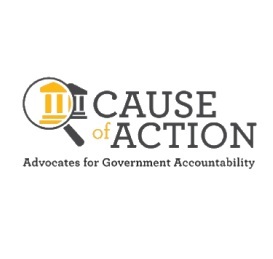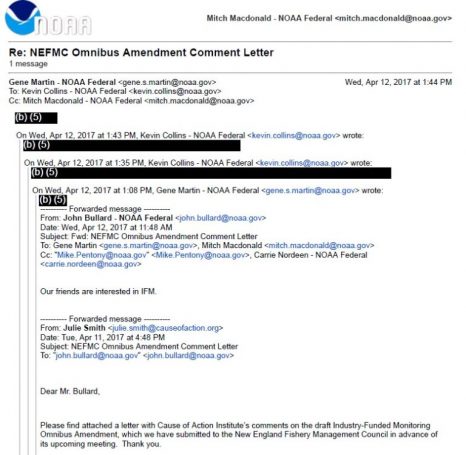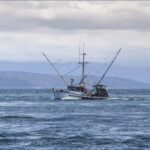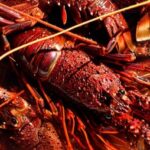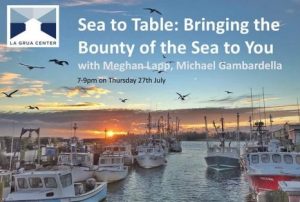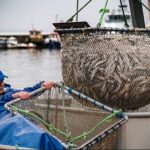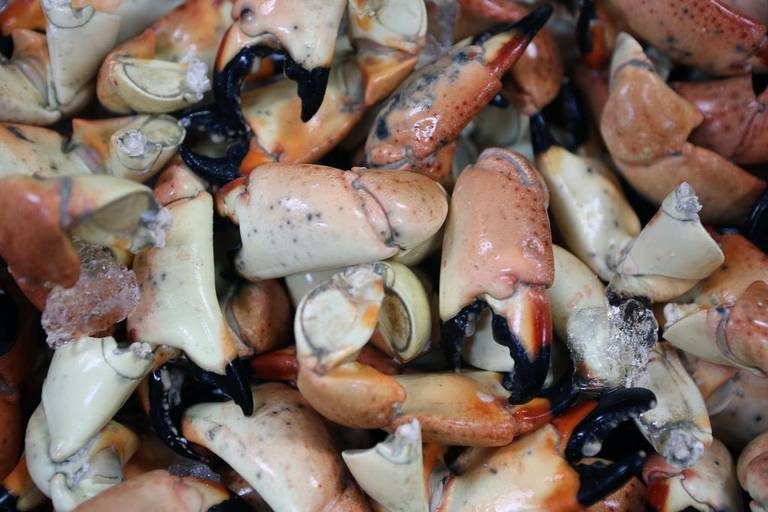Tag Archives: Freedom of Information Act
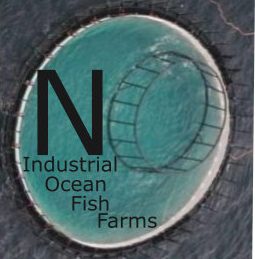
Organizations threaten NOAA with lawsuit over industrial ocean fish farm funding
Friends of the Earth and Center for Food Safety today formally accused the National Oceanic and Atmospheric Administration of violating the Endangered Species Act. The groups sent a letter to NOAA notifying them of their intent to sue over NOAA’s Sea Grant program which has funded an industrial ocean fish farm in violation of federal law. In October 2018, Sea Grant awarded a federal grant to a floating factory farm for non-native Steelhead trout off the coast of New Hampshire. According to a limited number of records gathered pursuant to a Freedom of Information Act request, these funds were provided without fulfillment of Endangered Species Act mandates. >click to read<10:55
NOAA accused over funding for industrial ocean fish farm – >click to read<
Trump’s monument review is as secretive as Obama’s designations
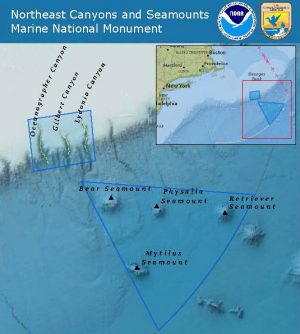 Presidential use of the Antiquities Act is ripe for abuse, as major decisions impacting vast public lands, natural resources, property rights, livelihoods and private industry are left to the sole discretion of the president. After such a unilateral designation, the president does not need to substantiate his decision in any meaningful way, beyond the use of a few magic words on the face of the proclamation. It seemed like a positive step when President Trump in April issued an executive order seeking public input for a review of national monument designations over the last two decades. But it now appears that any hope for additional transparency may have been premature. click here to read the story 19:25
Presidential use of the Antiquities Act is ripe for abuse, as major decisions impacting vast public lands, natural resources, property rights, livelihoods and private industry are left to the sole discretion of the president. After such a unilateral designation, the president does not need to substantiate his decision in any meaningful way, beyond the use of a few magic words on the face of the proclamation. It seemed like a positive step when President Trump in April issued an executive order seeking public input for a review of national monument designations over the last two decades. But it now appears that any hope for additional transparency may have been premature. click here to read the story 19:25
Fishermen in the Northeast win a small victory
 According to Climate Wire, an online publication of Environment and Energy Publishing LLC, New Bedford native son Bob Vanasse uncovered, through the use of Freedom of Information Act requests on behalf of Saving Seafood in Washington, D.C., a cluster of emails being circulated among several environmental groups hoping the president would be convinced to announce the New England monuments in Chile. The emails urged recipients to keep the plan a secret. “I hope no one is talking about Chile to the outside world,” an email from Conservation Law Foundation Interim President Peter Shelley said. Read the rest here 09:49
According to Climate Wire, an online publication of Environment and Energy Publishing LLC, New Bedford native son Bob Vanasse uncovered, through the use of Freedom of Information Act requests on behalf of Saving Seafood in Washington, D.C., a cluster of emails being circulated among several environmental groups hoping the president would be convinced to announce the New England monuments in Chile. The emails urged recipients to keep the plan a secret. “I hope no one is talking about Chile to the outside world,” an email from Conservation Law Foundation Interim President Peter Shelley said. Read the rest here 09:49
Longlines Killing Pacific Seabirds at Record Rate – NOAA Admits Official Counts Significantly Underestimate True By-Catch Toll
“NOAA implemented its ‘National Plan of Action for the Reduction of Incidental Catch of Seabirds in Longline Fisheries’ back in 2003 but these numbers indicate that the plan needs more work,” stated PEER Executive Director Jeff Ruch, who obtained emails and other records from NOAA under the Freedom of Information Act. “Unfortunately, the records do not reflect any NOAA plans, other than maintaining carcass counts, for upgrading seabird safeguards.” more@commondreams
NOAA Responds to Massachusetts legislators on cod, haddock, and yellowtail flounder: the answer is still no
Many legal observers, Members of Congress and elected officials disagree with that interpretation. Saving Seafood requested the legal opinion of the General Counsel under the Freedom of Information Act. The Department found 2![]() 9 pages of written material constituting the advice, but refused to release any of them under 5 U.S.C. § 552(b)(5), which exempts from disclosure inter-agency or intra-agency memorandums or letters that would not be available by law to a party other than an agency in litigation with the agency. Saving Seafood continues to ask the agency to explain their legal rationale in the face of such widespread disagreement from numerous legislators and lawyers with qualifications to comment. continued
9 pages of written material constituting the advice, but refused to release any of them under 5 U.S.C. § 552(b)(5), which exempts from disclosure inter-agency or intra-agency memorandums or letters that would not be available by law to a party other than an agency in litigation with the agency. Saving Seafood continues to ask the agency to explain their legal rationale in the face of such widespread disagreement from numerous legislators and lawyers with qualifications to comment. continued






